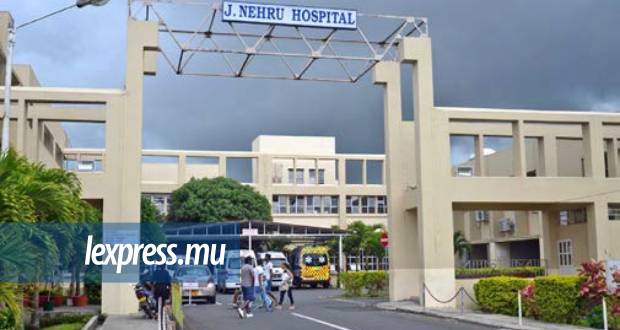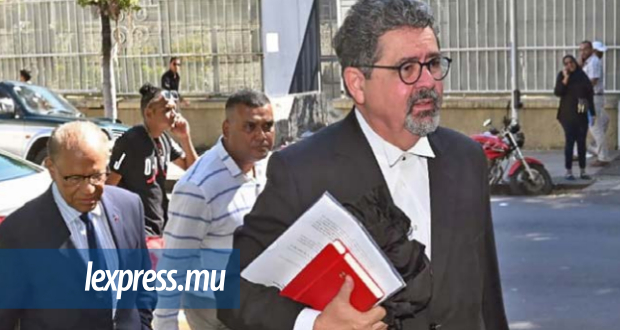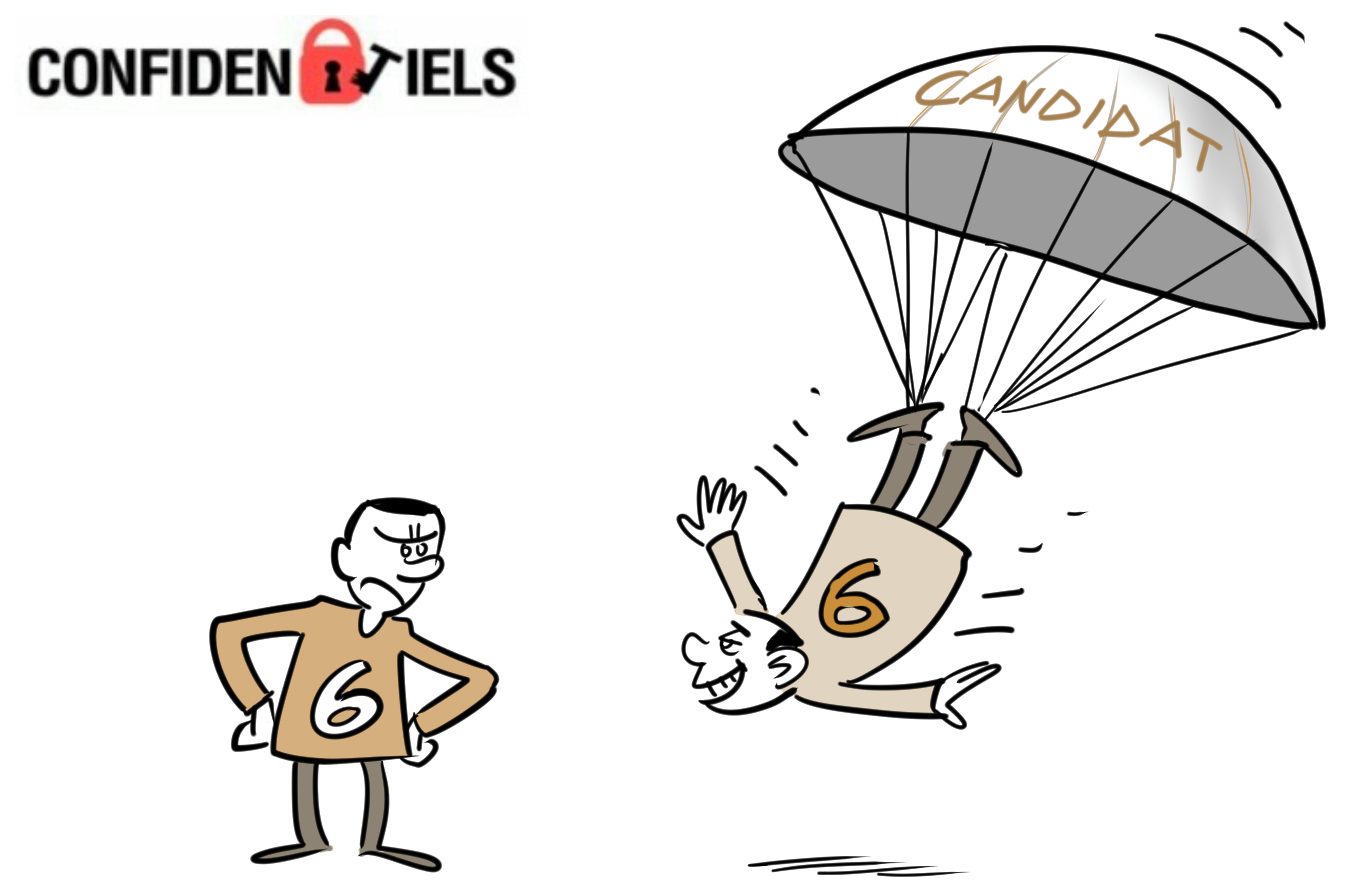Publicité
Misplaced nationalism and the Privy Council
Par
Partager cet article
Misplaced nationalism and the Privy Council


In the wake of the prime minister, Pravind Jugnauth, appearing at the Privy Council in the MedPoint case, a curious thing seems to be happening. No sooner had the hearings started than some began by voicing their objection that the case is taking place in the court of another state. Now usually nationalism in Mauritius is nothing more intrusive than marketing gimmickry to sell soft drinks, handicraft or insurance policies. But when it comes to external scrutiny about what happens in the country, Mauritian nationalism takes on a decidedly reactionary hue, and usually against the interests of the people it claims to represent.
The template was laid down quite early on. In 1882, there were demands for greater representation in the colonial legislature: in those days, there was no universal franchise and the legislature itself was largely a rubber-stamp dominated by the sugar industry. Fearing a diminution of political control if the franchise were extended, the elite rallied behind a British governor, John Pope Hennessey, (an Irishman with his own axe to grind against British colonial policies), who was sympathetic to the local elite. Their rallying cry was Maurice aux Mauriciens (‘Mauritius for Mauritians’). This bit of jingoism was designed to scare the British away and mask an essentially reactionary fear of extending the franchise within the garb of a more palatable anti-colonial sentiment. This misuse of nationalism and national identity has handicapped the emergence of a genuine national sentiment since then, despite efforts since the 1970s to appropriate the creation of a national identity and give it a leftish hue.
The current grumblings about a Mauritian prime minister being tried in a British court fall in this same category: a grandiose sentiment, masking a very base motive. And one can imagine, in the event of a guilty verdict on MedPoint, all sorts of jingoists crawling out the woodwork claiming that it’s revenge for the Chagos.
The problem is that this peculiar brand of nationalism ignores certain fundamental facts. For one thing, the Privy Council was not imposed by the British; it was chosen by the Mauritian political elite itself as part of the grand bargain for Mauritian independence. The second is that if Mauritius has avoided the pitfall afflicting many post-colonial nations, where the judiciary has been reduced to merely another repressive tool in a government’s arsenal, it’s largely because of the Privy Council. It’s not that our local politicians do not have the appetite to take over the judiciary, but that what would be the point of taming local judges if the Privy Council could publically expose and overrule them? And so successive governments have tried to engineer their petty tyrannies by suborning other institutions and by passing draconian laws in the legislature. The Privy Council not only keeps a check on the politicians’ wish to subordinate the judiciary (as they have other institutions without such external ‘checks’) but also ensure that the local judiciary has to maintain a certain quality of judgements to avoid frequent embarrassment in London.
In this context, the seductive leftist slogan of ‘decolonising’ the judiciary – to which at one time, it must be admitted, this author too succumbed – seems quite problematic and hardly historically fair to the role that the Privy Council has actually played.
So be wary of dodgy salesmen peddling patriotism. Particularly when their boss is in the hot seat.
For more views and in-depth analysis of current issues, Weekly magazine (Price: Rs 25) or subscribe to Weekly for Rs110 a month. (Free delivery to your doorstep). Email us on: weekly@lexpress.mu
Publicité
Les plus récents






